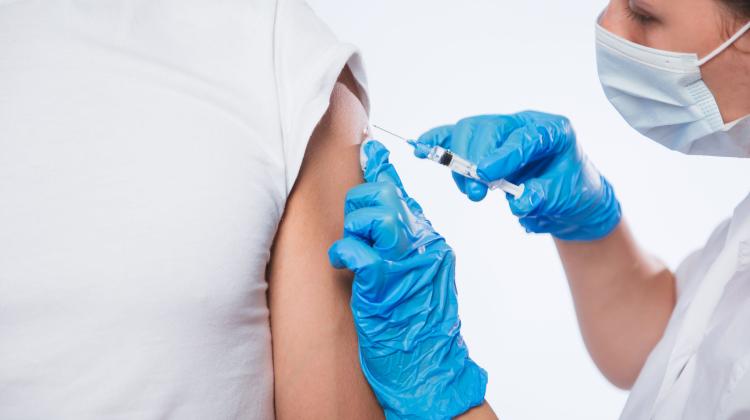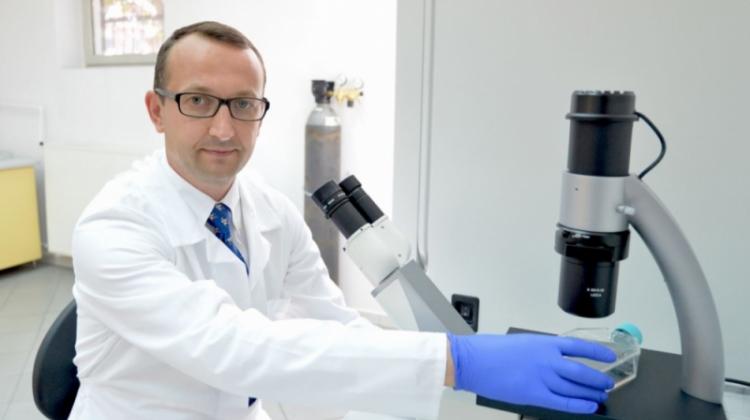Prof. blasts doctors and parents who turn their backs on vaccinations
 Credit: Fotolia
Credit: Fotolia
A leading academic has hit out at parents and doctors who tell their children and patients to ignore vaccinations.
Professor Jacek Wysocki, Vice President of the Polish Society of Vaccinology, said that there are no “substantive reasons” for not getting vaccinated and if a doctor suggests otherwise “run away.
“This sometimes applies to doctors who have nothing to do with the treatment of infectious diseases. I would like to invite such colleagues to my unit because they have never seen a child choking due to whooping cough or dying of meningitis.
“I have. And that's why I tell parents: vaccination is a health insurance policy.”
It is estimated that globally there are around 1-3 percent parents who refuse to vaccinate their children, believing that serious infectious diseases do not happen often, so vaccinating a child is not worth it.
Wysocki said: “There is no discussion with them, they do not listen to any arguments. They just want to live differently.
“I say vaccination is like car insurance. You spend the money, but you are happy if you do not have to use this policy. If your child is vaccinated and does not come in contact with a dangerous disease, you can only be happy.
“This means that, as a society, we have defended ourselves against the danger, that we have herd immunity.
“Kindergartens and nurseries are now reopening, school children will soon go on organized holidays. So we have two problems. Firstly, we are afraid that the return of children to group activities will increase the number of SARS-CoV-2 infections, and the 'victims' will not necessarily be children, who are often asymptomatic and constitute 1-2% of COVID-19 patients in Poland, but their parents and grandparents.
“Secondly, we would like to avoid a situation where seasonal increases in influenza or pneumococcal disease infections overlap with SARS-CoV-2 infections. That is why vaccinations are needed so much.”
After the outbreak of the pandemic, there were fears that the symptoms of coronavirus infection would overlap with the possible side effects of vaccinations, and therefore vaccinations were suspended.
Wysocki said: “But many international organizations have pointed out that there are no contraindications for vaccination during the pandemic, it simply has to be done safely.
“It is not the vaccination itself that poses a threat, but the gathering of many patients in clinics. Therefore, on April 17 this year, the Ministry of Health issued a regulation stating that vaccination of newborns should not be stopped, and vaccination of children in the first and second year of life and, if possible, others should be organised as a next step.
"We have the least problems in neonatal wards. There, the children were and are vaccinated. There are not many mothers suspected of coronavirus infection and their children are born healthy. All that is needed is immediate isolation of such a newborn baby from its mother, so that it does not get infected.”
Vaccinations worth taking, he argues, are those against rotavirus, which is responsible for gastrointestinal infections. He said: “They cause diarrhoea with vomiting and fever. In our conditions, they are not life threatening, but the child may end up in a hospital. In addition, rotavirus infections are spreading in hospital wards, so a child hospitalised due to another disease can become infected. And finally, they complicate life in all groups of children.”
(PAP)
zbw/ agt/ kap/
tr. RL
Przed dodaniem komentarza prosimy o zapoznanie z Regulaminem forum serwisu Nauka w Polsce.


















